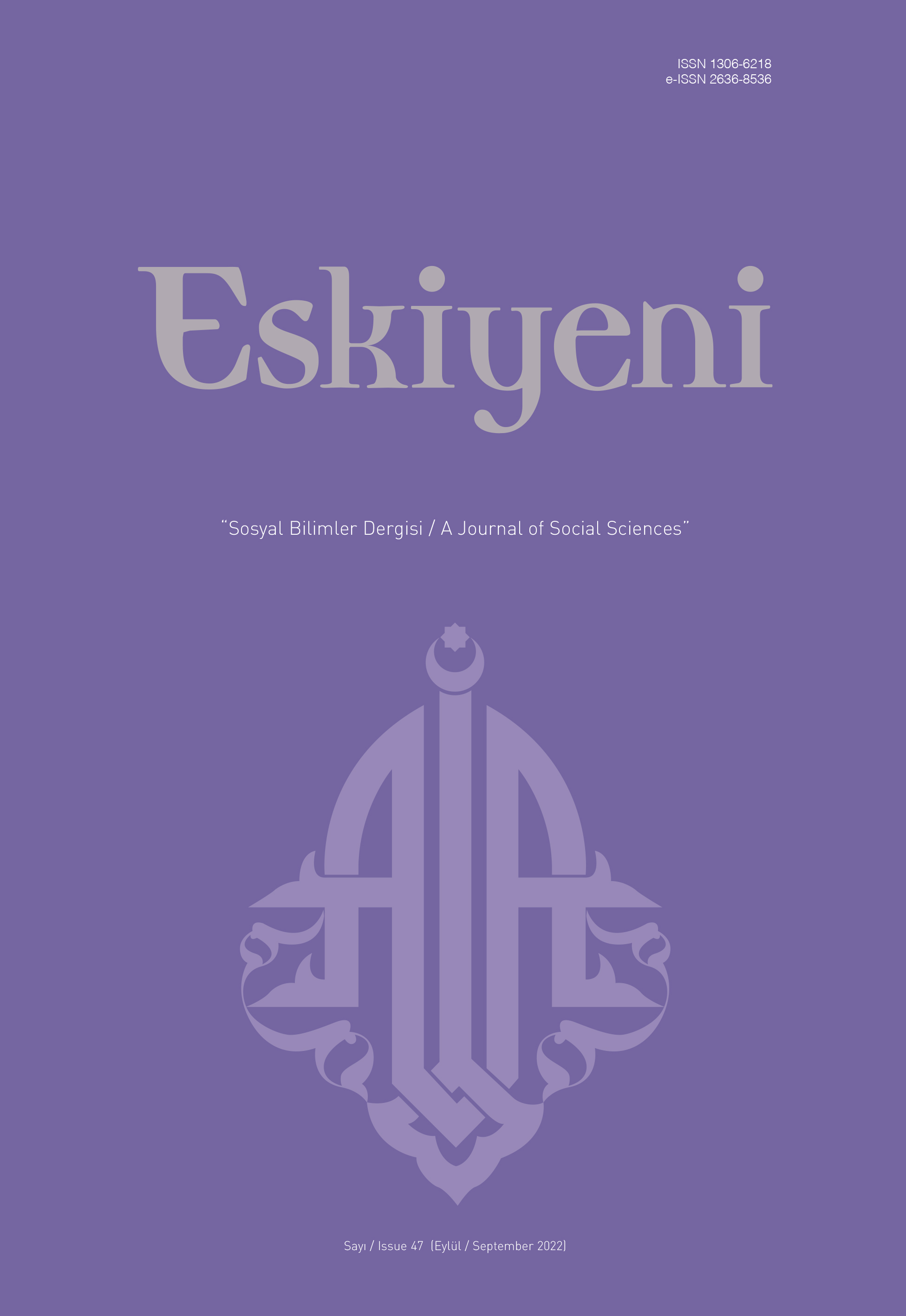Ashâbü’l-Hadîs ve Selefîler Nazarında Tasavvufun Meşruiyeti ve Bâtınî Bilginin İmkânı
The Legitimacy of Sufism and the Possibility of Esoterical Knowledge According to Ashāb al-hadīth and Salafis
Author(s): Kadir EserSubject(s): Theology and Religion
Published by: Anadolu İlahiyat Akademisi
Keywords: Tafsīr; Salafism; Ashāb al-hadīth; Sūfism; Zāhir; Bātin; Khidr; Prophet Moses
Summary/Abstract: In modern studies, the opposition to Sufism is often emphasized among the characteristic features of Salafis. However, in most studies, the boundaries of this contrast are not clearly drawn. At the point of understanding the Qur’ān, this contrast is embodied in the subject of zāhir (obvious)-bātin (hidden), while the discussions of zāhir-bātin are mainly carried out around the story of Khidr-Moses. In this study, the Sufi analysis of Salafis will be discussed first. Then, in the centre of the story of Khidr-Moses, the views on the distinction between zāhir and bātin will be given. Salafism is a modern phenomenon. In the background of this phenomenon, there are Ashāb al-hadīth and Hanbali heritage. The views expressed by Salafis today are attributed to Ahmad b. Hanbal, the leading name of Ashāb al-hadīth, and his followers. In this respect, the opinions of some people who represent the Ashāb al-hadīth mentality in different periods, especially Ahmad b. Hanbal will be included in the study. Salafists give the impression that they express the ultimate truth in almost every subject they deal with. However, the scholars that the Salafis refer to as their ideas have put forward quite different views on many issues they deal with. These differences of opinion show that no one has the ultimate truth after the prophet's time. Demonstrating these differences of opinion with evidence on almost every issue can be considered a step towards getting rid of the monotony based on ideas and thoughts.
Journal: Eskiyeni
- Issue Year: 2022
- Issue No: 47
- Page Range: 573-603
- Page Count: 21
- Language: Turkish

